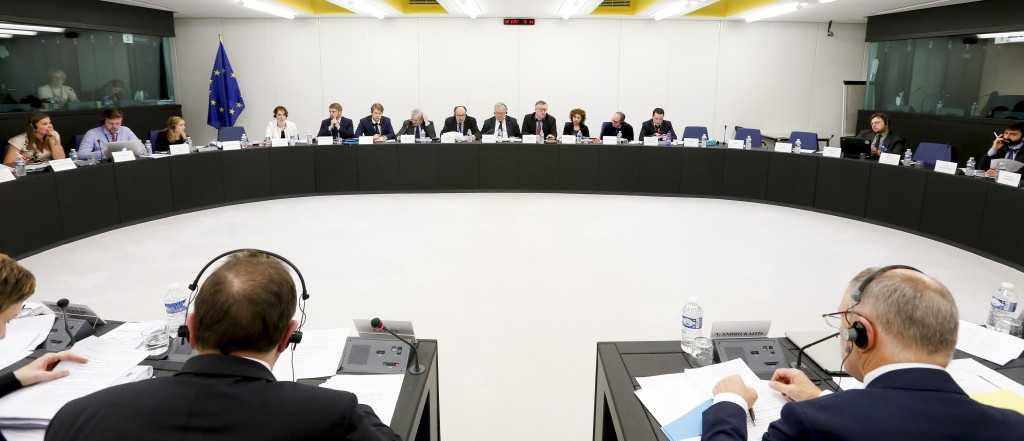Most people have never heard of “Trilogues”. The word trilogue does not appear in the European Treaties and is not officially part of the EU legislative procedure.
Yet, since the Lisbon Treaty the number of trilogues has skyrocketed and during the last legislative term more than 1,500 trilogue meetings took place. Almost all EU law now go through this process in which the European Commission, the Parliament and the Council informally attempt to reach early agreements. But trilogues are exempt from normal transparency provisions.
The view that most deals in Brussels are made behind closes doors is probably more true for trilogues than for any other part of the legislative process – a process that is often more transparent than in most member states.
Transparency International has long identified trilogues as one of the biggest transparency blind spots. In May 2015 Emily O’Reilly, the European Ombudsman, launched an inquiry about the disclosure policies of the three institutions on trilogue meetings. The EU institutions and the European Parliament in particular have been rather reluctant to cooperate.
The Ombudsman has now asked the public and civil society to provide their input. Below you can find the link to Transparency International’s answers to the Ombudsman’s questions:




